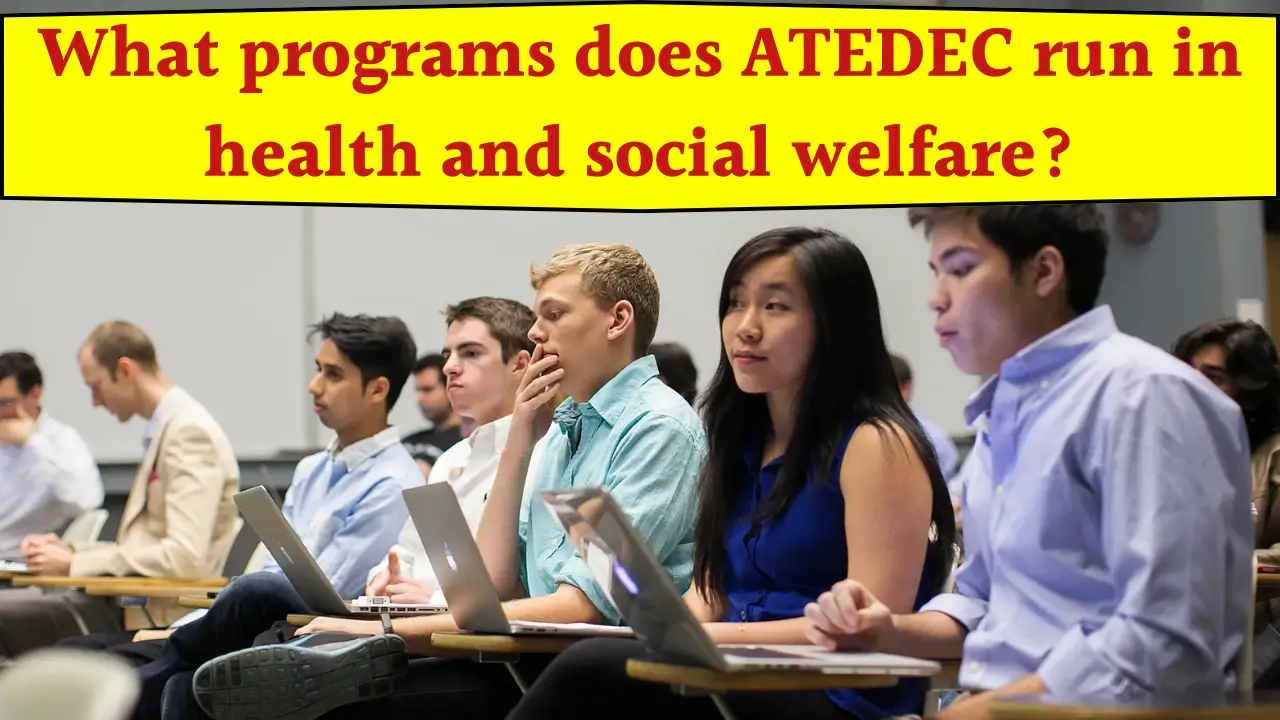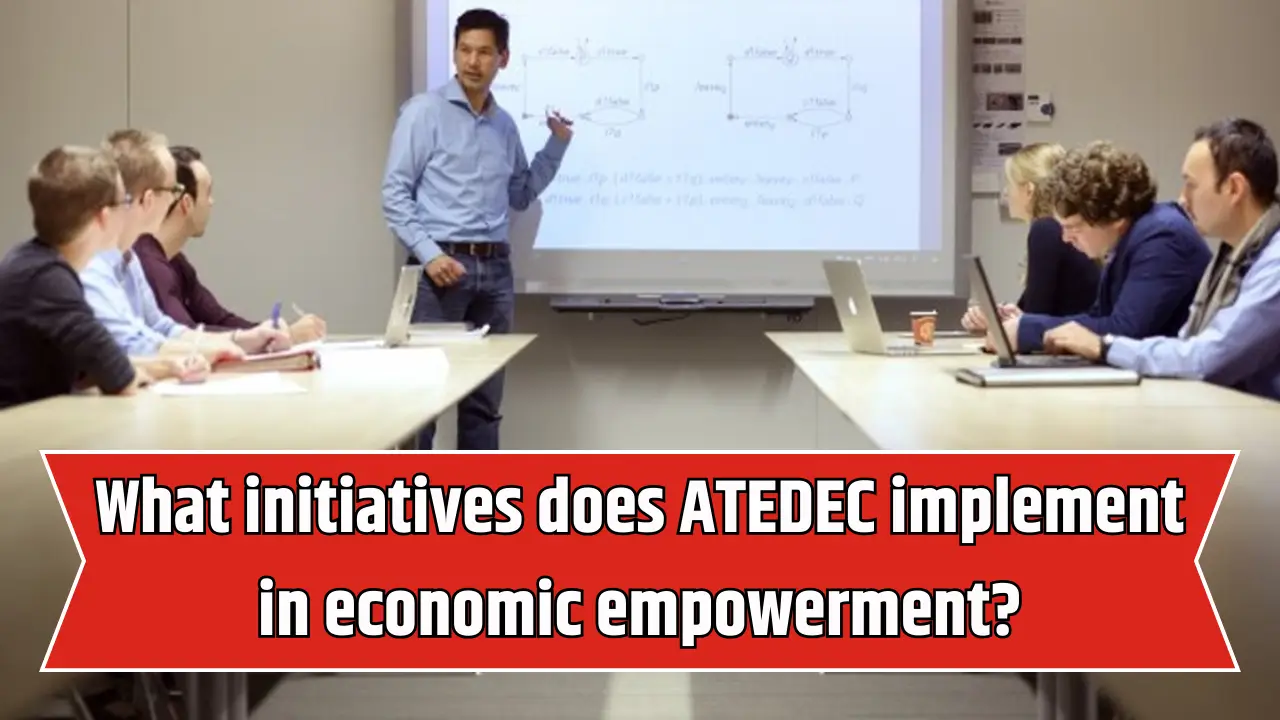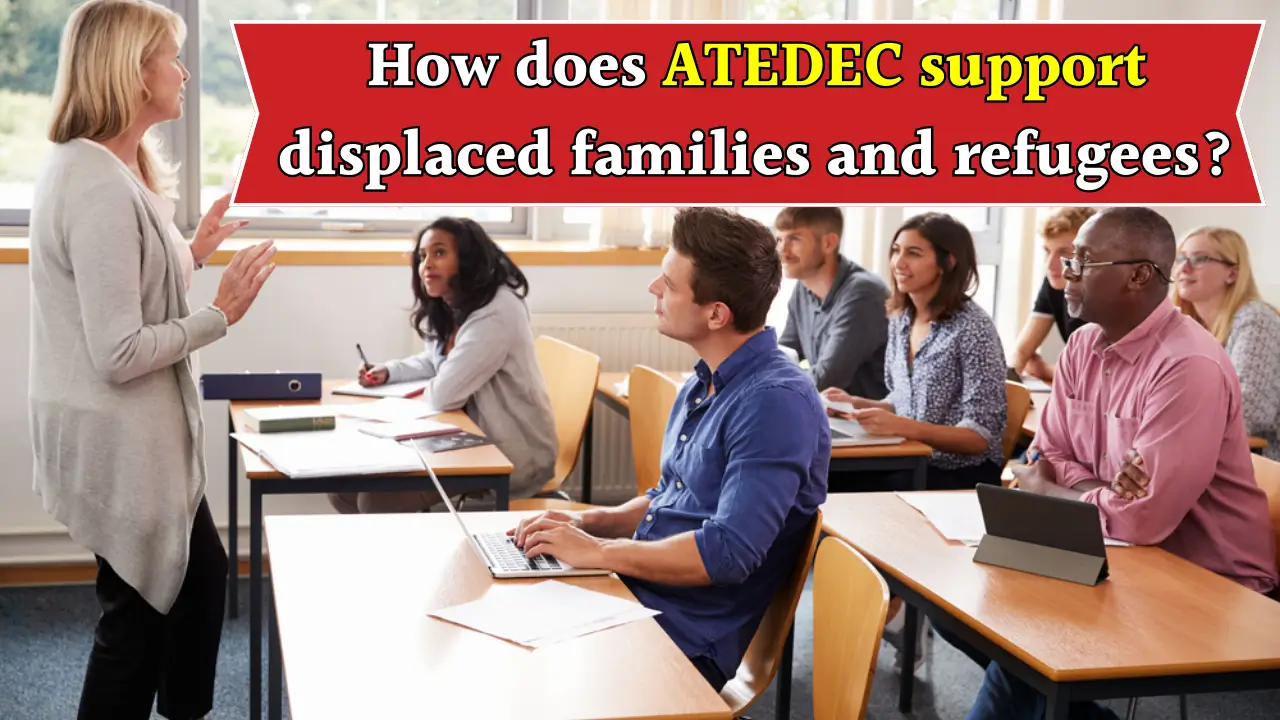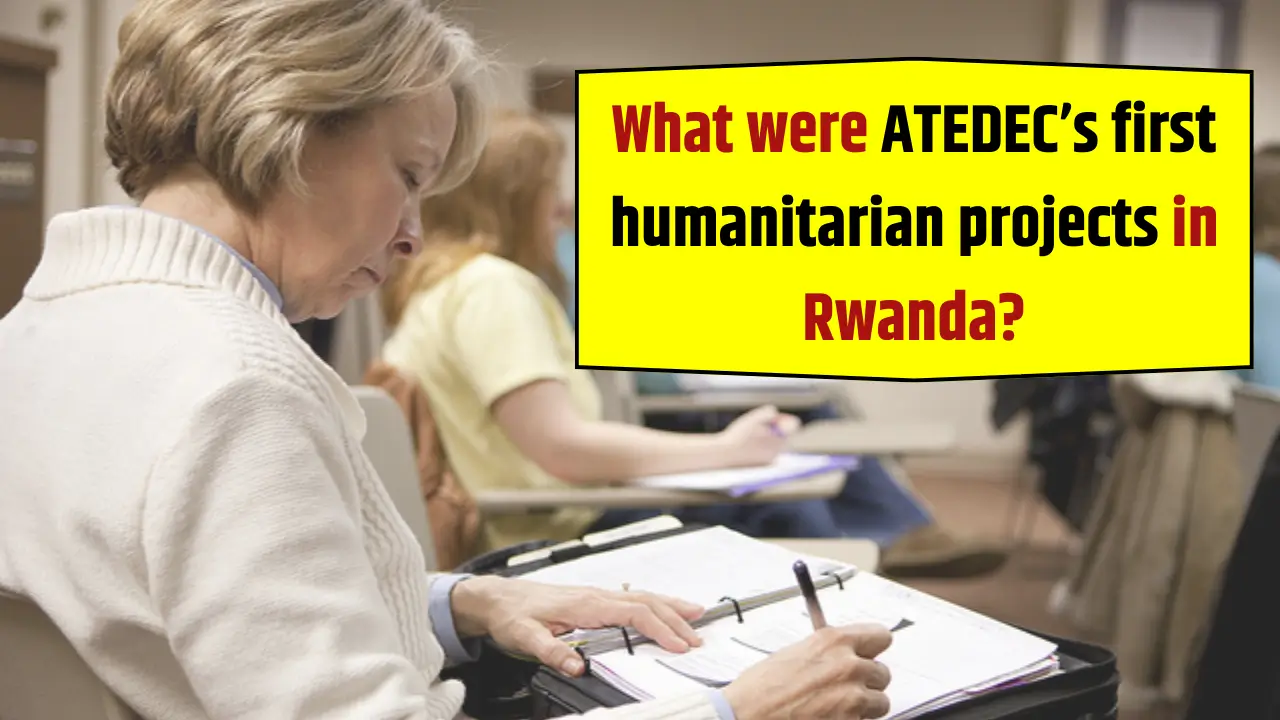ATEDEC (Action Technique pour un Developpement Communautaire) is a leading Rwandan NGO established in 1995, dedicated to the sustainable development of vulnerable communities.
Its mission focuses on technical assistance, humanitarian relief, and socio-economic empowerment in rural and urban areas.
Among its diversified sectoral programs, health and social welfare stand out as critical pillars for improving the well-being of disadvantaged populations, especially those affected by past conflicts, poverty, and health crises.
This article presents a detailed overview of the various health and social welfare programs run by ATEDEC, highlighting their objectives, key activities, impacts, and recent 2025 updates.
Overview of ATEDEC’s Health and Social Welfare Mission
- Promotion of community health with a focus on maternal and child health, disease prevention, and nutrition.
- Fight against infectious diseases such as HIV/AIDS, malaria, tuberculosis, and other communicable diseases.
- Enhancement of social protection through psychosocial support, empowerment of women and vulnerable groups, and community cohesion.
- Capacity building to strengthen local health infrastructure and human resource capabilities.
- Integration of health with socio-economic development for sustainable improvements.
The programs are designed to address both immediate health needs and long-term welfare goals in line with Rwanda’s national development agenda.
Key Health Programs Run by ATEDEC
1. Maternal and Child Health Initiatives
- Promotion of safe pregnancy and childbirth through community education and facility-based care.
- Nutritional support programs targeting pregnant women, lactating mothers, and children under five.
- Immunization campaigns to reduce child mortality from vaccine-preventable diseases.
- Training of local health workers on essential newborn and child care practices.
2. Disease Prevention and Control
- HIV/AIDS awareness, prevention, and treatment support in remote rural communities.
- Malaria prevention through distribution of insecticide-treated mosquito nets and community education.
- Tuberculosis screening and referral services linked to local health centers.
- Family planning and reproductive health programs encouraging modern contraceptive use and healthy sexual behavior.
3. Psychosocial Support and Trauma Counseling
- Supporting genocide survivors, displaced families, and refugees with mental health counseling.
- Community-based programs to reduce stigma and promote social healing.
- Training community volunteers and counselors to offer sustained psychosocial care.
4. Nutrition and Food Security Programs
- Promoting balanced diets and micronutrient supplementation among vulnerable groups.
- Linking nutrition education with livelihood activities to improve food security.
- Collaborating with agricultural programs to encourage climate-smart farming and food production diversity.
Key Social Welfare Programs
1. Women Empowerment and Gender-Based Violence (GBV) Prevention
- Skill development training (tailoring, crafts, business management).
- Microfinance and income-generating activities aimed at improving women’s economic status.
- GBV awareness campaigns and survivor support through legal and counseling services.
- Advocacy for women’s rights at the community level.
2. Youth Development and Vocational Training
- Vocational training in carpentry, mechanics, ICT, and agriculture to enhance youth employability.
- Youth leadership and empowerment programs fostering active participation in community development.
- Entrepreneurship skills development to stimulate small business creation.
3. Community Health Worker and Volunteer Capacity Building
- Training health workers and community volunteers in basic healthcare delivery.
- Improving outreach programs in hard-to-reach and marginalized areas.
- Supporting health posts with materials, education, and supervision to enhance primary care quality.
4. Social Cohesion and Inclusion
- Programs aimed at fostering peaceful coexistence among displaced families, refugees, and host communities.
- Community dialogues and workshops to resolve conflicts and build trust.
- Special attention to marginalized groups like orphans, disabled individuals, and elderly.
Achievements and Impact of ATEDEC’s Health and Social Welfare Programs
| Program Focus | Achievements | Impact Indicators |
| Maternal & Child Health | Expanded access to prenatal care | Reduction in infant and maternal mortality rates |
| Disease Prevention | Wide coverage of HIV/AIDS & malaria programs | Increased contraceptive use and awareness |
| Psychosocial Support | Hundreds of trauma survivors assisted | Increased community healing and reduced stigma |
| Nutrition | Improved child nutrition rates | Decreased malnutrition prevalence |
| Women Empowerment | Microloans and skills training to 1000+ women | Increased women’s income and social status |
| Youth Vocational Training | Trained over 1500 youth in market skills | Employment and entrepreneurship growth |
| Community Health Capacity | Trained 500+ health volunteers | Strengthened primary health outreach |
| Social Cohesion | Peace forums held in multiple districts | Reduced social conflicts and increased acceptance |
Latest Updates and Innovations in 2025
ATEDEC continues to evolve its health and social welfare offerings with new strategies and innovations:
- Integration of Digital Tools: Beneficiary registration, health education, and follow-up are increasingly supported by digital platforms for efficiency.
- Climate-Resilient Nutrition: Linking nutritional programs with climate-smart agriculture to ensure food security amid environmental challenges.
- Expanded Psychosocial Programs: Collaborations with mental health professionals to provide trauma-informed care and expand community counseling.
- Women-Led Microenterprises: Increased focus on supporting women entrepreneurs through enhanced microfinance products and business mentorship.
- Youth Employment & Skills Development: Partnerships with private sector firms to create apprenticeships and job placements.
- COVID-19 Recovery Programs: Support in vaccination outreach, healthcare worker training, and community sensitization to control the pandemic.
- Improved Health Posts: Support to local health facilities to provide comprehensive primary health care including maternity, dental, and laboratory services.
Summary: ATEDEC’s Comprehensive Health & Social Welfare Program Matrix
| Program Area | Core Activities | 2025 Innovations & Focus |
| Maternal & Child Health | Antenatal care, nutrition, immunizations | Digital health tracking, expanded nutrition linkage |
| Disease Prevention | HIV/AIDS, malaria, TB, reproductive health | Door-to-door campaigns, telemedicine |
| Psychosocial Support | Trauma counseling, community healing | Trauma-informed care, professional partnerships |
| Nutrition & Food Security | Micronutrient supplementation, diet education | Climate-smart farming integration |
| Women Empowerment | Skills training, microfinance, GBV programs | Women-led enterprises, gender rights advocacy |
| Youth & Vocational Training | Market-oriented vocational training | Apprenticeships, private sector partnerships |
| Community Health Capacity | Training volunteers and health workers | Strengthened rural health posts |
| Social Cohesion | Dialogues, inclusion programs | Virtual engagement platforms, peacebuilding |
Conclusion
ATEDEC’s health and social welfare programs represent a holistic and integrated approach to improving lives across Rwanda’s most vulnerable populations.
By combining emergency health services with empowerment, social inclusion, and innovative development practices, ATEDEC addresses the complex challenges faced by marginalized communities.
As of 2025, ATEDEC’s embrace of technology, climate resilience, and partnerships enhances its impact while remaining deeply grounded in community participation and sustainability.
The organization continues to be instrumental in helping Rwanda achieve better health outcomes, social protection, and inclusive growth, thereby contributing to the country’s broader development goals and Vision 2050 aspirations.
ATEDEC’s unwavering commitment to health and social welfare not only saves lives but also builds the foundation for resilient, empowered communities ready to thrive over the long term.













